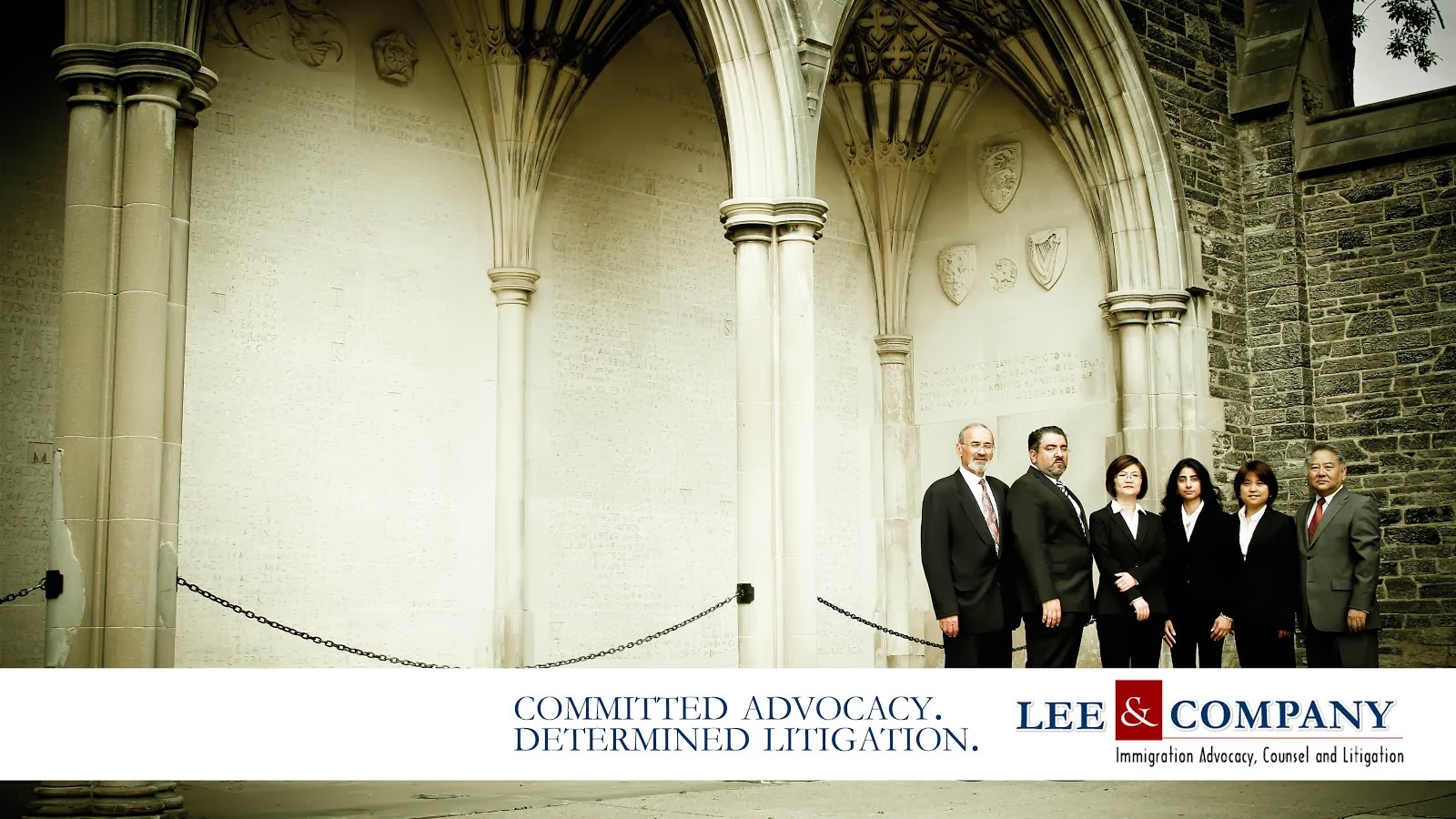Restoration of
status
Every now and then we receive a panic
telephone call from a client who has forgotten or has otherwise been unable to
extend his temporary resident status in
Canada [Temporary Residents are people who are in Canada as visitors, on work
permits, or study permits]. Fortunately,
the law allows for Restoration of Temporary Resident status.
Relevant
Legislation
The relevant provisions of the Immigration and Refugee Protection
Regulations state:
Restoration
of Temporary Resident Status
182. On application made by a visitor, worker or student within 90 days after losing temporary
resident status as a result of failing to comply with a condition imposed under
paragraph 185(a), any of subparagraphs 185(b)(i) to (iii) or
paragraph 185(c), an officer shall restore that status if, following an
examination, it is established that the visitor, worker or student meets the
initial requirements for their stay, has not failed to comply with any other
conditions imposed and is not the subject of a declaration made under
subsection 22.1(1) of the Act. SOR/2013-210,
s. 2.
To put it simply if you
are a Temporary Resident, and your status has expired, you have 90 days to
restore it.
Our firm has challenged
the interpretation of this section early on and in a reported decision rendered
by the Honourable Justice Kelen of the Federal Court, the court states:
10 Pursuant
to section 182 of the Regulations, an
immigration officer is required to restore an applicant’s temporary resident
status if he meets the initial requirements for his stay and if he has
not failed to comply with any other conditions imposed. Section 179 sets out
the initial requirements for the issuance of a temporary resident visa. Among
other things, the applicant must have properly applied as either a visitor,
worker or student and it must be established by the immigration officer that
the applicant will leave Canada by the end of his authorized stay. In
determining whether an applicant will leave Canada at the end of his stay, an
officer will usually consider the applicant’s purpose for wanting to be in
Canada. This permits an officer to gauge whether it is likely that the
applicant has a temporary reason for being here, and thus, whether it is likely
that he will leave when required. [emphasis added]
Radics
v. Canada (Minister of Citizenship and Immigration), 2004
FC 1590; 262 F.T.R. 211
The phrase “an
immigration officer is required to restore an applicant’s temporary resident
status if he meets the initial requirements” has been underlined for it established that the restoration
should not be some sort of extraordinary or special relief, but relatively
routine, if you have otherwise complied with the requirements of the Act.
However, the view of CIC, as
expressed in their Manuals IP 6 Processing Temporary Resident Extensions, which guides officers is more complicated;
5.8.Restoration(Includes
instructions found in OB 130)
If a visitor, worker or student has
lost their status, they may apply to reinstate or restore their status in
accordance with R182. This regulation only applies if the temporary resident
has not been out of status for more than 90 days, and they have not failed to
comply with the specified conditions. If an applicant applies to renew their visitor
status, or their work or study permit after their temporary resident status has
expired, but within the 90-day restoration period, CPC -Vegreville will inform them that they must also apply for restoration of their status, if
they have not already done so.
The applicant will then have 90 days
from the date of notification to submit their restoration application and the
corresponding fee, which is presently $200 [R306]. Restoration of status cannot
be granted at the POE. Individuals who have failed to comply with the conditions
imposed under R185 need to apply in Canada for restoration of their status. If
they leave Canada, they will be deemed to be seeking a new entry on their
return.
The phrase “initial requirements for
their stay” should not be read too literally when it is being
applied in the context of a
restoration application, and the requirements of R179 should not be applied rigidly in that
regard. The preferred interpretation in this context would be that the person
seeking restoration must meet the requirements of the class under which they
are currently applying to be restored as a temporary resident. The desired
approach to the restoration provision of R182 is to be facilitative and
consistent with the current approach to extension applications of the provision
in R181, since the two provisions are similar in nature and R181actually refers
specifically to the requirements of R179.
Three possible scenarios which fall
under the purview of restoration of status can be described as
follows:
1.
A foreign student who is still in
status can apply in Canada for a work permit under certain conditions. By
inference, the foreign student can apply for a work permit when restoring status.
2.
A temporary foreign worker who is
still in status can apply in Canada for a study permit if they meet certain
conditions. By inference, they can also apply for a study permit when restoring
status.
3.
A temporary resident who is eligible
to apply in Canada for a work or study permit would be allowed to do so when
restoring their status.
Clearly, while
restorations are available to Temporary Residents, seeking counsel is always prudent.
www.leecompany.ca
